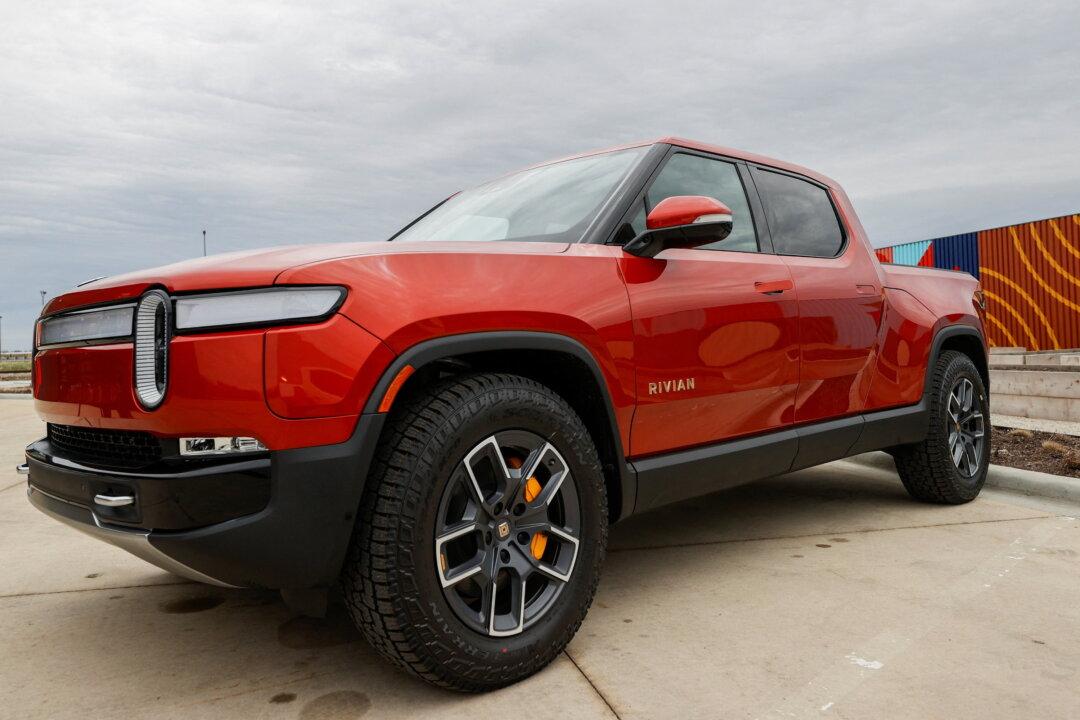Electric vehicle manufacturer Rivian is losing investor confidence as its market capitalization and share prices have both tumbled, with the company now competing in a difficult market, where leader Tesla is aggressively reducing prices.
In late 2021, when Rivian made its public trading debut, its market capitalization had crossed $150 billion. But now, the company’s market capitalization is less than $12 billion, representing a 92 percent wipeout in value. The stock price has fallen by 60 percent over the past year, as of May 1. The stock has declined 27 percent year to date. The company is backed by ecommerce behemoth Amazon.





